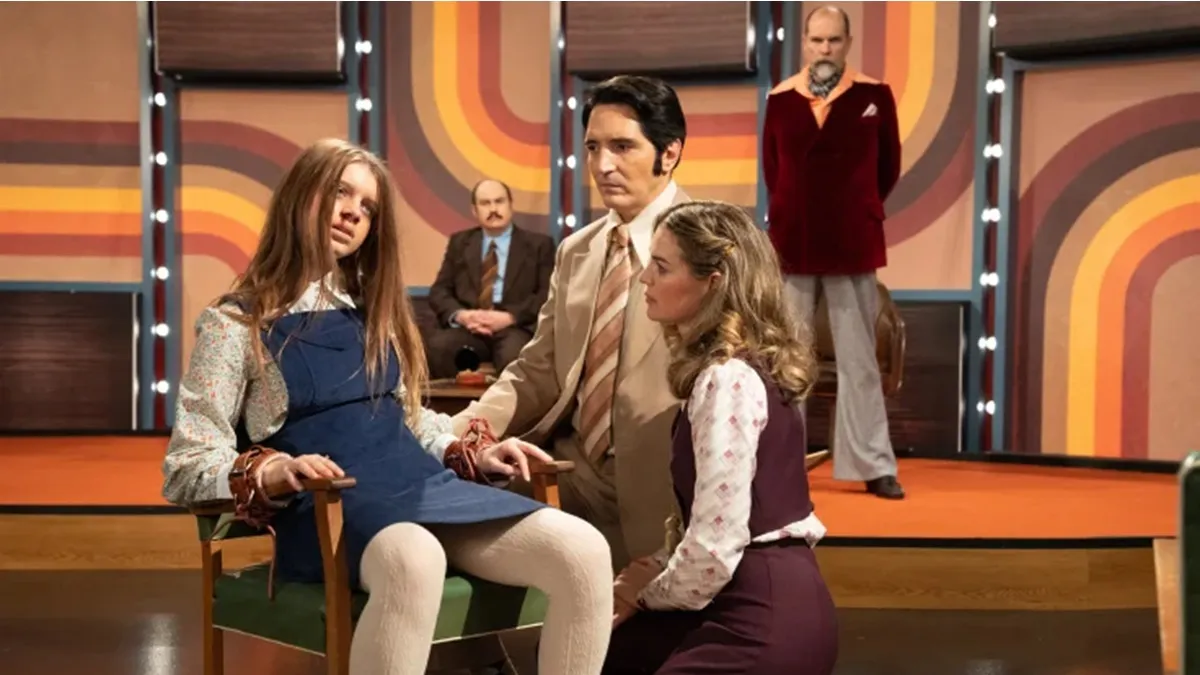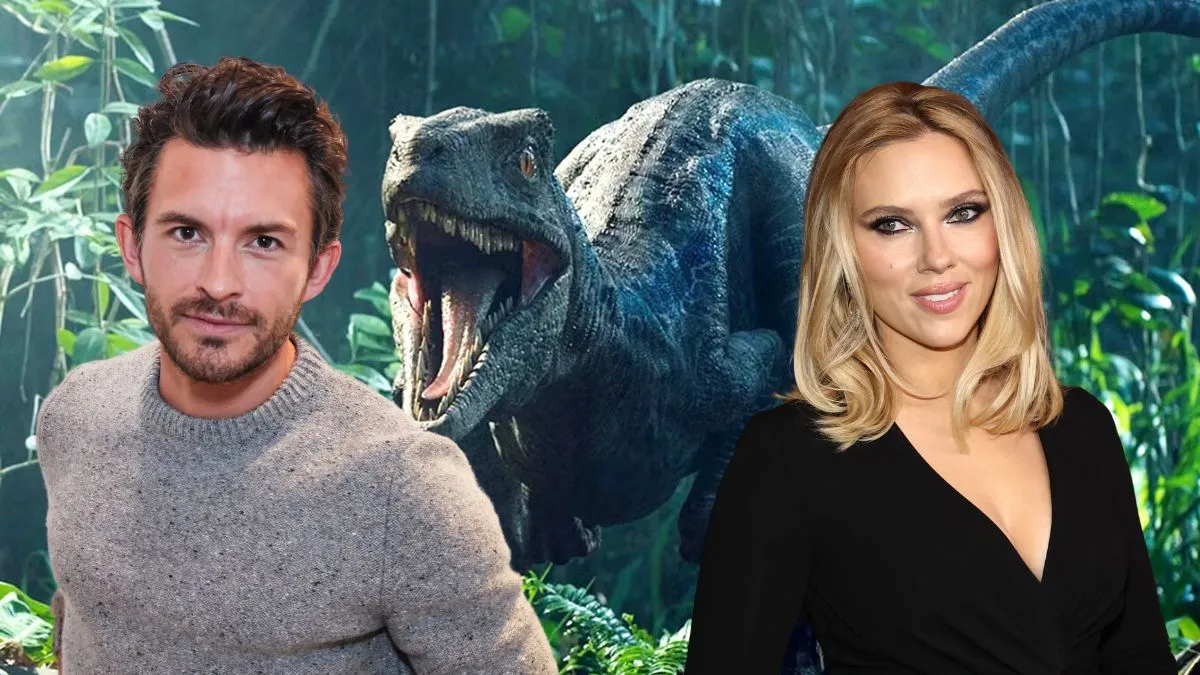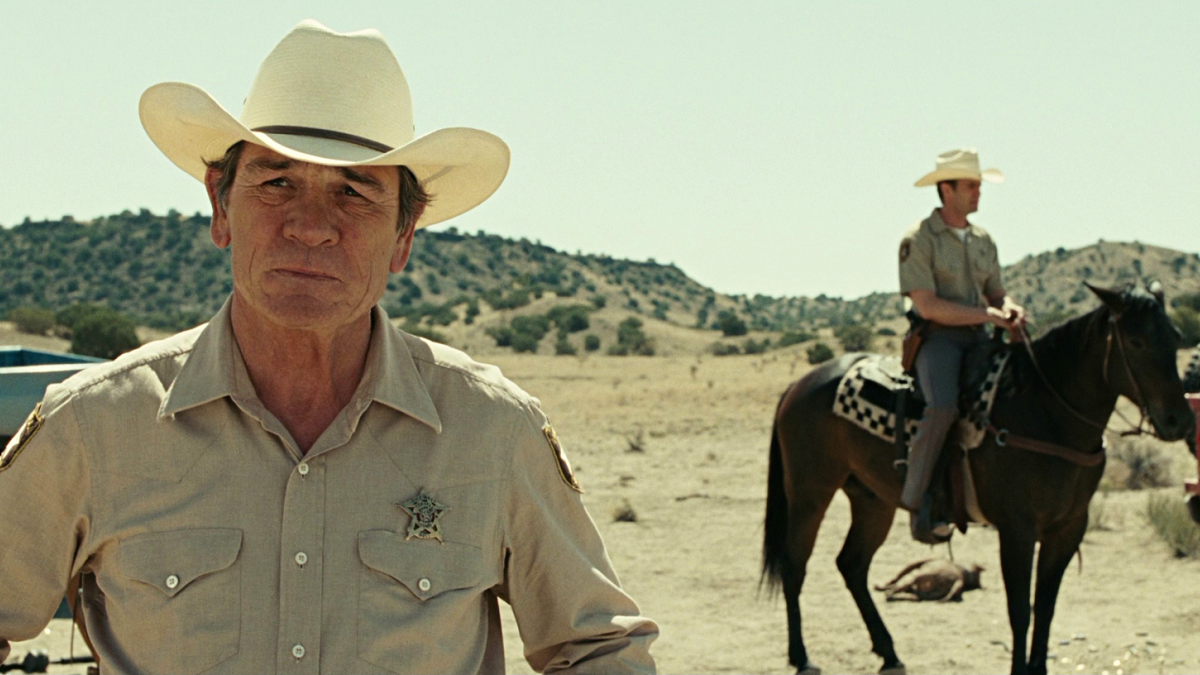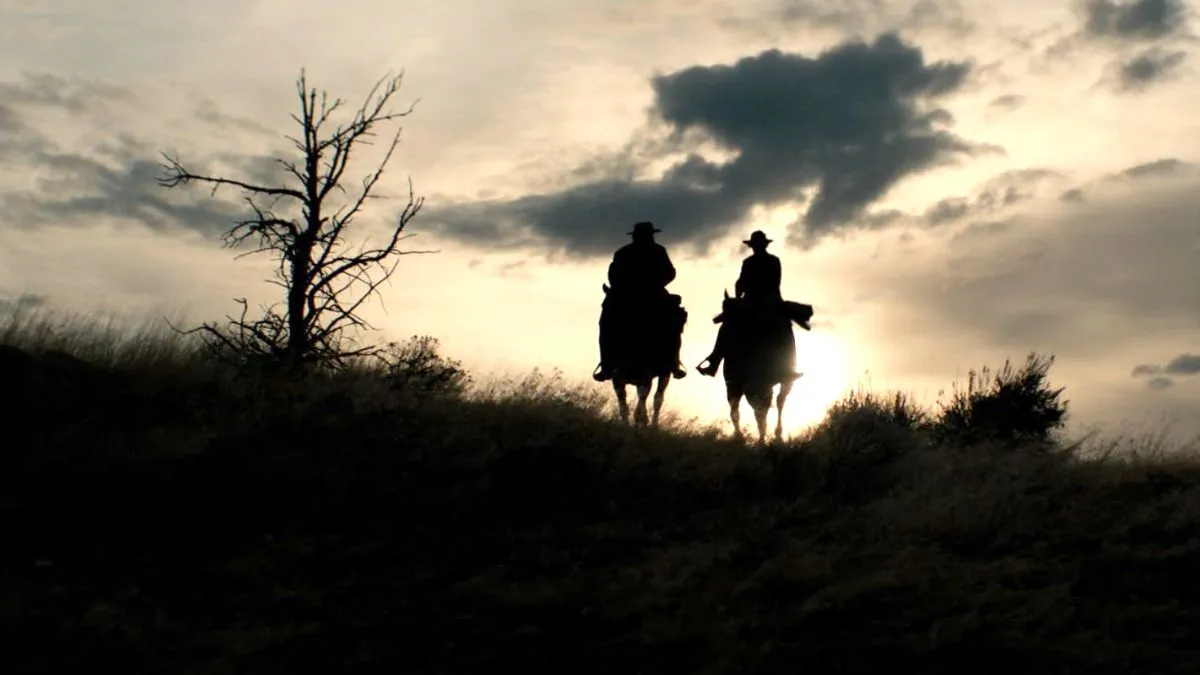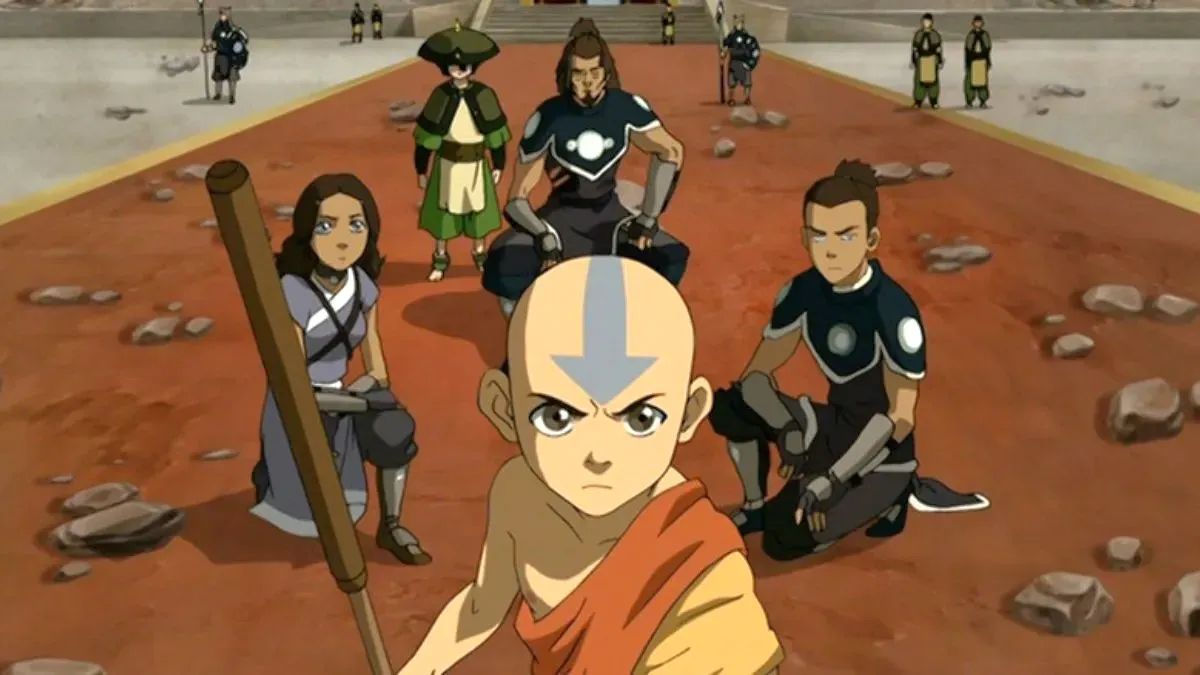
In The Keeping Room, we witness the true feature film arrival of actress Muna Otaru – and it is a powerful, seismic experience. The movie is a stinging, desolate look at the American Civil War from the perspective of three women, struggling to survive together on a farm in the south. Far from being a period drama, however, this is a deeply unsettling home invasion horror film which uses its Civil War setting to muse on universal themes – including gender roles, race, violence against women, and the devastating effect of armed conflict.
In the role of Mad – one of the three women at the centre of this horror story – Muna Otaru delivers a performance so brilliantly crafted that her warm presence envelops the entire narrative in a way that is rarely captured in cinema. Mad is a former slave to the family of Augusta (Brit Marling) and Louise (Hailee Steinfeld) – sisters whose menfolk have long since headed for the front lines. The women have adapted to their new circumstances, however, and have created for themselves a new family unit, in which the three of them all play an equal role.
It is as the horror unfolds – created by two rogue soldiers (Sam Worthington and Kyle Soller) – that we see these roles begin to fall within clearly defined boundaries, with Augusta as the warrior, Louise as the innocent and Mad as the protector. This is where the power of Muna Otaru really comes into play as, amid a cast whose work here is uniformly excellent, the actress executes her big screen role with startling precision.
Even more startling is the fact that Otaru was never even in contention for the role of Mad, but instead was auditioning for a fleeting, non-speaking bit-part that features in the opening scene. Her casting as one of the three leads in The Keeping Room is testament, therefore, not only to her skill as a performer, but also to the foresight of the director – Academy Award nominee Daniel Barber.
“You know, it’s so interesting because, as I get older, I understand the power behind femininity – that feminine power, or that feminine way of approaching things that isn’t so linear, that is very creative – that kind of creative space. That’s where I was, mentally, when this script came my way, and I just feel like it was meant to be, because I had initially gone in to read for the woman in the beginning of the film, who has the encounter with the dog, and then the next day I had a recall, and I just assumed it was for the same part. But, then Daniel had me read a scene – the scene where Mad is speaking to Louise about her rape experience. So, I was finding out about this – that war uses rape as emotional weaponry – I’m discovering this as I’m reading it, because it was a cold read, and it was incredibly moving and shattering at the same time. So, I just feel like my personal life and my creative life kind of merged in that moment.
“And [that original part] had no lines – she just barks at a dog. And then the next day, this was happening, and I read that scene and we were all crying in the room. I looked up, and after a while Daniel said, ‘Would you read a few more scenes?’ I think I did, like, four or five more scenes, and then after that, he said, ‘Would you be interested in playing this character?’ I said, ‘Yes’, and he was like, ‘Well, it’s going to be a lot of work.’ I’m like, ‘OK’, and he said, ‘OK, well, you may be hearing from me.’ And I step out of the room and I was like, ‘What just happened?’
“Daniel’s like that. Daniel goes with his gut, and you just have to just go with his flow. He sees it, and you just have to trust that. I remember Brit and I, a lot of times, we would ride together to work, in the same car, and we’d be like, ‘What are we going to do?’, and we were like, ‘I don’t know!’ And I would say, ‘I’ll look at you,’ and she would say, ‘I’ll look at you, and we’ll just go for it.’”
Essential to the success of her performance is the accent employed by Otaru. It is entirely specific to the period, location and social status of the character.
“I wanted her voice to be as original and human as possible, and Jessica [Drake, dialect coach] and I were on the same page with that. Thankfully, she had these recordings of interviews with former slaves – people who had been enslaved – and then I also found additional recordings through the Library of Congress in the U.S., and I would listen to those. We literally went from word to word – I kid you not – every single word. We listened for it, specific to South Carolina as well, and re-wrote the script with each word.
“She wasn’t going to be on set with us, and I was the last person to be cast, so I didn’t have much time – like, probably two weeks – and I had a day job, and I was going to be working until the very last day before I left for Romania [to shoot The Keeping Room]. So our Skype sessions were at, like, midnight, 1am, 2am, and we would work. And it’s so funny because she’s in London right now working on another project, and this was the first time that we met face-to-face, because we had dinner, and I was like, ‘Oh you were such a drill sergeant!’ Like, we were so scared on set that we would mess up. Brit and I and Hailee would do these exercises as well, before we started our scenes.”


